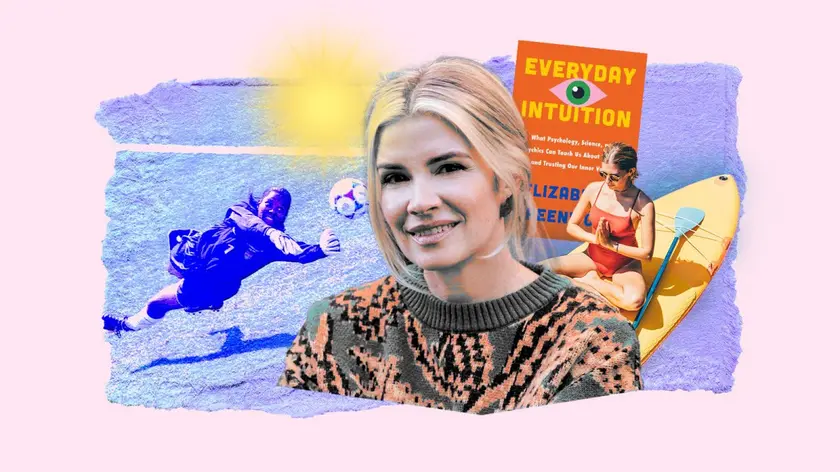T4K3.news
Loneliness reshapes self perception in close ties
A new study links loneliness to negative self-views in family and friends, with a small role for resting heart rate variability.

A U.S. study links loneliness to feeling like a burden in close ties and explores how resting heart rate variability may buffer negative self-views in family contexts.
Loneliness Shapes Self Perceptions in Close Relationships
A study reported in Psychophysiology analyzed 824 adults from the MIDUS project. It found that lonelier individuals tended to rate themselves as contributing less support and causing more strain in both friendships and family relationships. Researchers also measured resting high-frequency heart rate variability (HF-HRV) and observed that those with lower HF-HRV showed a stronger link between loneliness and feeling like a burden in family relationships, while higher HF-HRV appeared to dampen this self-criticism. The effects were modest and did not appear for friendships or perceived support, and the study notes that causality cannot be established from its cross-sectional design.
Key Takeaways
"Loneliness isn't just about what support or strain you get from others it is also about how you see yourself and your confidence in your ability to connect"
Kent discusses the core idea of the study
"We were somewhat surprised to find that resting HF-HRV moderated this effect in family relationships and not friendships"
Kent on a key nuanced finding
"Lonely people may withdraw not just because others pull away but because they feel incapable of contributing"
A direct reflection on self-perception and behavior
"Self compassion and emotion regulation may help people recognize these thought patterns"
Researchers point to possible interventions
The findings reframes loneliness as more than a mood—it can become a belief about one’s value in close ties. When loneliness heightens negative self-views, withdrawal can follow, potentially worsening isolation. The possible buffering role of HF-HRV hints at a biology of social resilience, but the small size and the fact that it only showed up in family relationships call for caution and replication. Beyond the lab, the results invite questions about culture, age, and family norms that shape who feels burdensome and why.
Highlights
- Loneliness is not only about support or strain from others it also shapes how you see yourself and your confidence to connect
- We were somewhat surprised to find that resting HF-HRV moderated this effect in family relationships and not friendships
- Lonely people may withdraw not just because others pull away but because they feel incapable of contributing
- Self compassion and emotion regulation may help people recognize these thought patterns
Study limitations and cautious interpretation
The findings rely on cross-sectional data and self-reports, limiting causal claims. The potential buffering effect of HF-HRV is small and observed mainly for family ties, raising questions about generalizability across age groups and cultures.
The path to resilience starts with how we talk to ourselves
Enjoyed this? Let your friends know!
Related News

Research reveals benefits of gaze-based meditation

Olly Murs opens up about twin feud

Brain patterns drive quick judgments

Life coach program derails engagement

Taiwan votes in historic recall election

Trump under scrutiny over Epstein connections

ADHD studies show wide impact

Surgeon charged with fraud and encouraging body modifications
